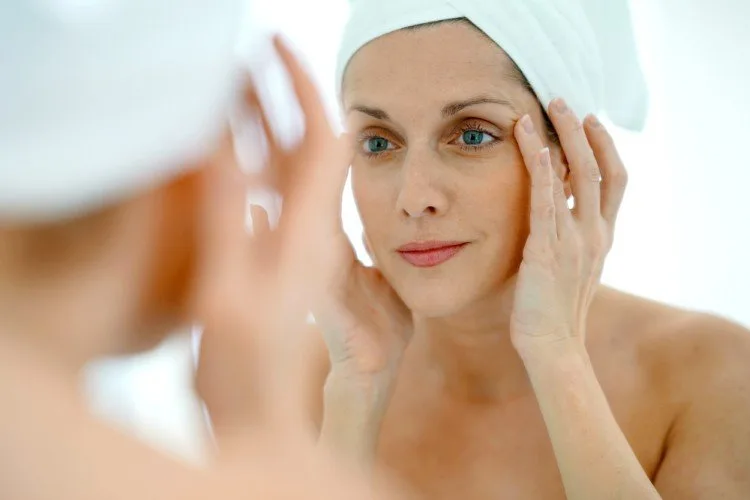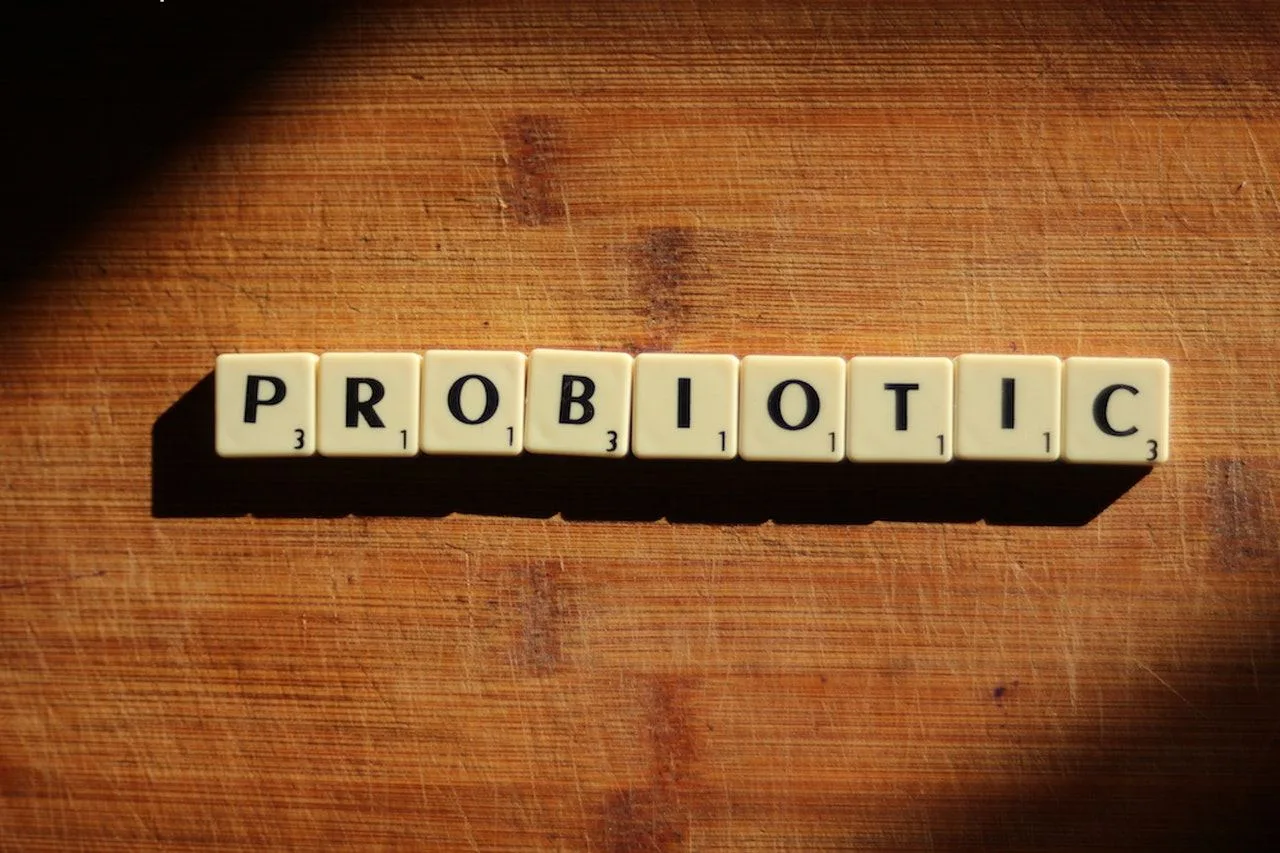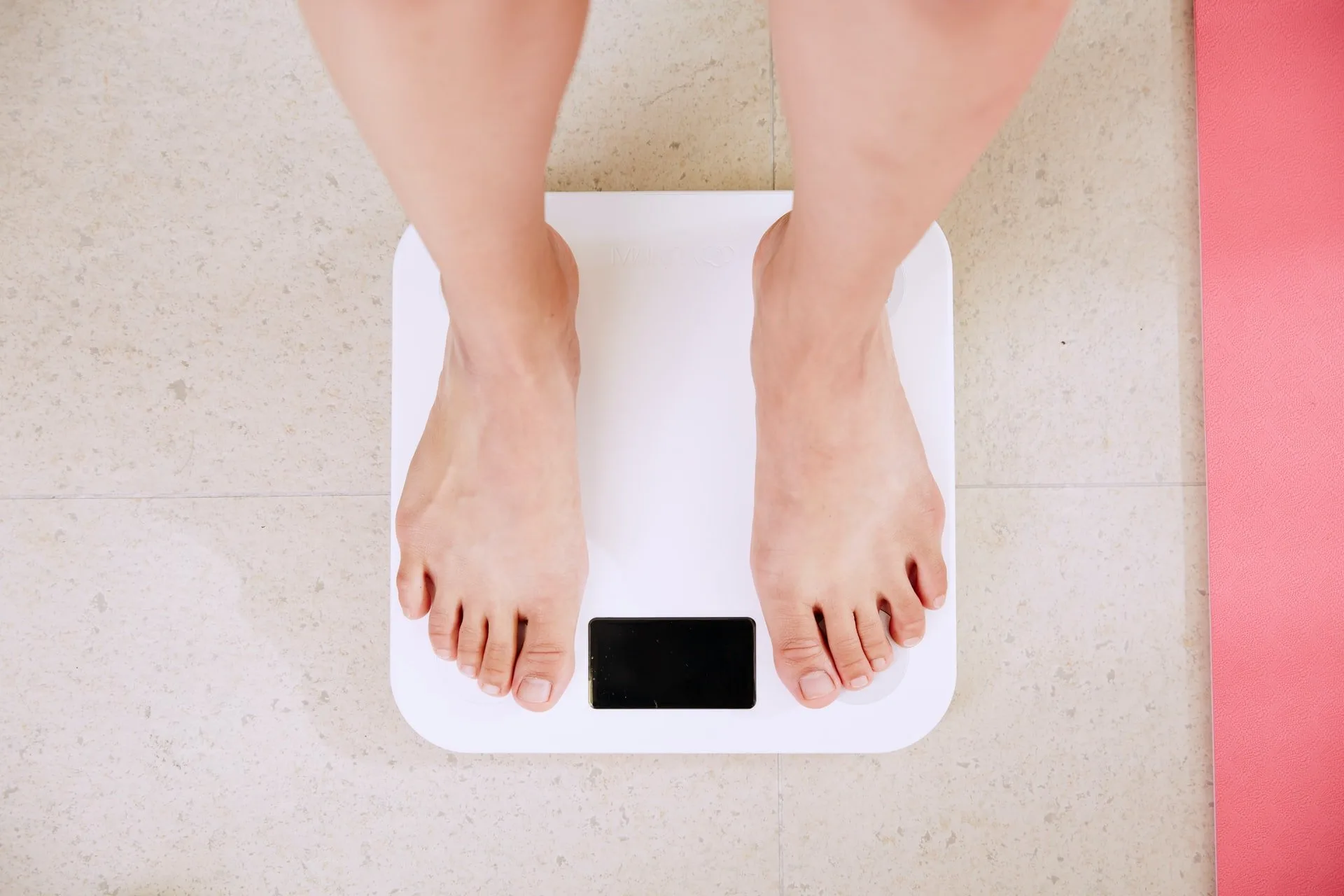In case you need a reminder, gut health is important for better overall health. So what’s one way to support your gut health? Simple – take a probiotic. If that’s not enough, probiotics can actually do more than just support your gut health. In fact, they have plenty of side effects that are great for the body.
What will happen if I take a probiotic every day?
1. You’ll have fewer digestive issues
If you’re battling with any digestive issues, you may want to consider taking a probiotic.
Around 7 million people are currently living with inflammatory bowel disease, but taking a probiotic may ease their symptoms. According to a study published in Nutrients, supplementing with a multi-strain probiotic has the potential to improve IBS symptoms.
Additionally, probiotics have also been found to help not only prevent diarrhea but also reduce its severity (1).
2. You’ll have a stronger immune system
According to a study published in Annals of Nutrition and Metabolism, ingesting probiotics can help to trigger immune responses, helping to keep the body safe and healthy. Additionally, another study from Frontiers in Pharmacology found that probiotics helped to not only reduce the incidence and duration of acute respiratory tract infections but also helped to reduce the number of sick days.
3. You’ll handle your weight better
If you’re trying to shed more of those lockdown pounds, then might we suggest taking a probiotic? While they’re not magical weight loss pills, probiotics can certainly help make your journey with your weight easier.
According to Healthline, probiotics help to release appetite-regulating hormones and also make your body keep fewer calories from the foods you eat.
That said, a 2019 systematic review and meta-analysis found that probiotic supplementation helped to significantly reduce body weight, waist circumference, body fat, and BMI.
4. You’ll improve your mood
It’s been a draining few months, to say the least, but taking a probiotic may help to improve your mood.
According to a study published in Trends in Food Science and Technology, psychobiotics – which are a class of probiotics – may help to improve emotional and behavioral disorders resulting from the evolution of the COVID-19 outbreak.
5. You’ll have more energy
If your energy levels are a little low, don’t reach for an energy drink that’ll do more harm than good. Rather, opt for probiotics.
Your body gets energy from the nutrients it absorbs. However, a gut imbalance can prevent proper nutrient absorption. This can then cause a deficiency in energy levels. However, by taking probiotics, which can improve gut health, you are helping to improve your energy levels.

Photo by Daily Nouri on Unsplash
6. You’ll have fewer UTI’s
According to a 2019 study, a product containing two strains of the probiotic Lactobacilli as well as cranberry extract was found to safely and effectively prevent recurrent UTIs in premenopausal adult women.
Around 150 million people per year deal with urinary tract infections (UTIs), but if you don’t want to be part of this statistic, then you might want to take a probiotic.
7. You’ll improve your fertility
According to a study published in PloS one, probiotics may have the potential to improve male fertility potential. Additionally, a seperate study published in the Journal of Clinical Biochemistry and Nutrition found that supplementing with prebiotics helped to “improve gut dysbiosis and the success of pregnancy in females with infertility.”

Photo by Camila Cordeiro on Unsplash
8. You’ll have clearer skin
The benefits of probiotics don’t stop at gut health, as a study published in the British Journal of Dermatology found that “Oral and topical probiotics appear to be effective for the treatment of certain inflammatory skin diseases and demonstrate a promising role in wound healing and skin cancer.”

9. Your heart will thank you
Heart disease is the number one cause of death worldwide – even during a pandemic. Therefore, it’s important to find ways in which to improve and protect your cardiovascular health.
A 2020 study suggests that probiotics may assist in the prevention and treatment of cardiovascular diseases, however, more research into the topic is still needed.
Getting probiotics
Now that you understand the benefits of probiotics in fertility, check out the best probiotics for women in this guide so that you can improve your overall health. While you can buy quality probiotic supplements, you can also find live probiotic cultures in foods like pickles, yogurt, tempeh, miso, kefir, kimchi, and sauerkraut.








![women [longevity live]](https://longevitylive.com/wp-content/uploads/2020/01/photo-of-women-walking-down-the-street-1116984-100x100.jpg)









